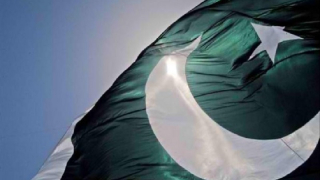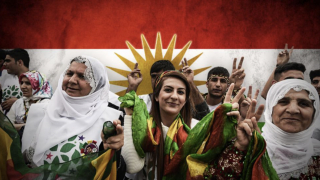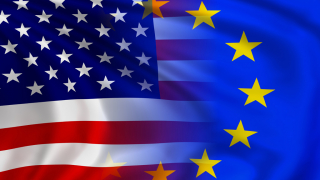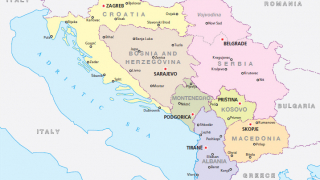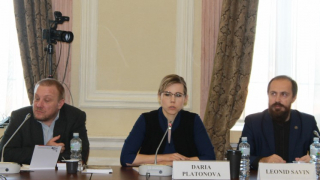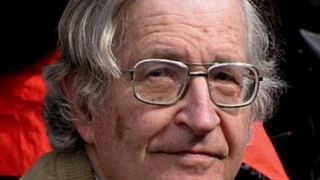20.12.2024
For those sections of humanity yearning for the rise of a multipolar world, the arrival of US President-elect Donald Trump on the global stage has...
19.03.2016
The U.N. envoy for Syria says an upcoming meeting between U.S. Secretary of State John Kerry and Russian Foreign Minister Sergey Lavrov could be "...
03.12.2021
Max Weber argued that “power is the likelihood that one actor within social relations will be able to achieve his goal despite opposition” 1… In his...
28.07.2022
The power of the people is unbeatable whenever the people are truly united behind a cause greater than themselves such as their country’s sovereignty...
31.10.2016
The first point that must be considered is the identity of the Kurds. The modern world features a complex model of understanding the differences...
13.12.2017
Reportedly, 80,000 US troops have currently been deployed in Europe out of 275,000 total US troops stationed all over the world, including 50,000 in...
06.01.2018
The Arabic section of RT said that it was the US that delivered the Russia-made cannons to the terrorists, adding that the cannons were possibly...
12.12.2017
Atlantic Council, think tank in charge of shaping the United States foreign policy recently published a report ”Balkan forward: A new US strategy...
09.04.2016
Federal US prosecutors detailed some of the lurid allegations of sexual misconduct against former U.S. House speaker Dennis Hastert and asked a...
22.09.2022
Two extreme views on the driving forces of history have long existed. The first is that history is subject to strict objective laws, which depend...
25.02.2022
But the fact that this is just a “mistake” cannot be said, since bright Russophobic headlines appear simultaneously with loud statements by officials...
20.04.2017
Back when I was a young anti-war, anti-establishment activist, I used to hold the utmost respect and admiration for Professor Noam Chomsky of MIT (...





